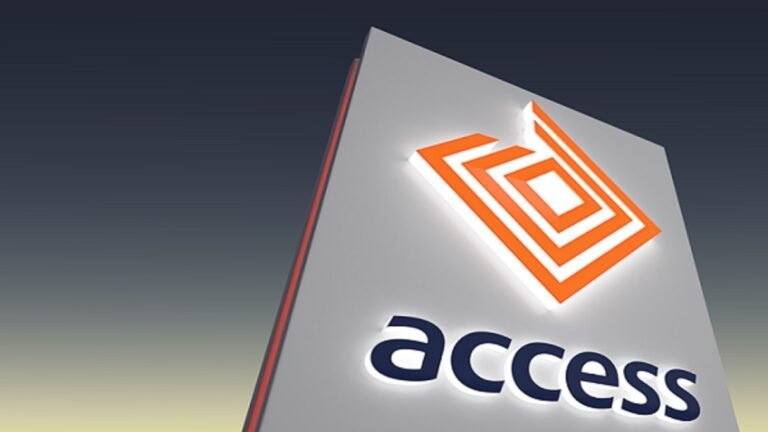The Federal Inland Revenue Service (FIRS) has raised concerns about the difficulty in quantifying revenue losses due to tax expenditures, citing inadequate data availability across government agencies.
This revelation, made by FIRS Executive Chairman Zacch Adedeji during a meeting in Abuja on April 15, 2025, is a critical challenge in Nigeria’s fiscal management. Tax incentives, designed to stimulate economic growth and attract investment, are proving elusive to track, potentially undermining the government’s revenue mobilization efforts.
The Challenge of Measuring Tax Expenditures
Tax expenditures refer to revenue forgone through incentives like tax holidays, exemptions, and reduced rates offered to businesses and industries. These measures aim to encourage investment in key sectors such as manufacturing, agriculture, and technology.
Also Read:
However, Adedeji emphasized that the lack of comprehensive data makes it nearly impossible to assess their true cost to the federation. “Revenue lost to tax expenditure remains difficult to quantify due to poor data availability across relevant government agencies,” he stated, highlighting a systemic issue that hampers transparency and accountability.
This challenge is not new but has gained urgency as Nigeria seeks to boost its tax-to-GDP ratio, currently at 10.6%, with a target of 18% by 2026. The absence of robust data complicates efforts to evaluate whether tax incentives deliver the intended economic benefits or merely erode the tax base without corresponding gains.
Nigeria’s Tax Incentive Framework
Nigeria’s tax incentive includes pioneer status incentives, which grant qualifying companies a tax holiday for up to five years, and sector-specific waivers to promote investment. Between 2019 and 2021, the government provided tax reliefs and concessions worth N16.76 trillion to large companies, with 46 firms benefiting by 2021.
While these incentives aim to spur job creation and industrial growth, critics argue that their impact is often overstated, and the lack of tracking mechanisms compounds the problem.
Adedeji’s remarks point to a broader issue of coordination among government agencies. Without a centralized database or integrated systems, tracking the fiscal impact of exemptions—such as customs duty waivers or VAT reliefs becomes a logistical nightmare. This opacity risks misuse, where ineligible entities may benefit, further draining public resources.
Economic Implications
The difficulty in tracking tax incentives has significant implications for Nigeria’s economy. Tax revenue is the federation’s highest income source, with the FIRS collecting a record-breaking N21.6 trillion in 2024, surpassing its N19.4 trillion target. Yet, unquantified losses from tax expenditures could undermine these gains, limiting funds available for infrastructure, healthcare, and education.
Moreover, poorly monitored incentives can distort markets. For instance, taxing agricultural exporters instead of offering incentives has been criticized for discouraging exports and encouraging under-invoicing, ultimately reducing revenue. A more transparent system could ensure incentives are targeted effectively, benefiting priority sectors while safeguarding the treasury.
Steps Toward Reform
The FIRS has taken steps to address these challenges. Initiatives like the FIRS e-Invoice platform, launched in 2024, aim to enhance transparency by digitizing invoice management and improving real-time visibility into transactions. Additionally, the Ministry of Finance’s Incentive Monitoring and Evaluation Platform (IMEP) seeks to curb misuse by introducing features like duty claw-back mechanisms and geo-location tagging.
Adedeji also advocates for harmonizing tax laws to streamline administration and reduce overlaps. The proposed tax reform bills, currently before the National Assembly, aim to simplify compliance and broaden the tax base without introducing new taxes. These reforms could provide a framework for better tracking of incentives, ensuring they align with national economic goals.
The Way Forward
To tackle the tracking problem, Nigeria needs a multi-pronged approach. First, inter-agency collaboration must be strengthened through a centralized database that captures all tax expenditure data.
Second, technology-driven solutions, like the e-Invoicing system, should be scaled up to cover all sectors benefiting from incentives. Finally, regular audits and impact assessments can ensure that tax waivers deliver measurable benefits, such as job creation or increased output, rather than serving as loopholes for revenue leakage.
The FIRS’s acknowledgment of this issue is a step toward accountability, but action must follow. As Nigeria navigates economic challenges, including fluctuating oil prices and rising debt, optimizing tax revenue is non-negotiable. Transparent and trackable tax incentives can balance the need for investment with the imperative of fiscal sustainability.
























